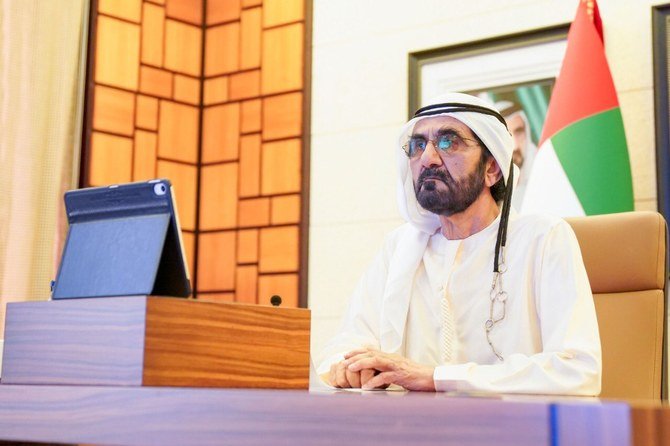The UAE has introduced changes to laws that will encourage investors, advanced skills and professionals to be granted Emirati citizenship. Doctors, scientists, engineers, artists, authors, and their families are among the professionals.
 The amendments to the Executive Regulation of the Federal Law on Nationality and Passports are approved under the Directive of the President, His Highness Sheikh Khalifa bin Zayed Al Nahyan, by the Cabinet chaired by His Highness Sheikh Mohammed bin Rashid Al Maktoum, Vice-President and Prime Minister of the UAE and Ruler of Dubai.
The amendments to the Executive Regulation of the Federal Law on Nationality and Passports are approved under the Directive of the President, His Highness Sheikh Khalifa bin Zayed Al Nahyan, by the Cabinet chaired by His Highness Sheikh Mohammed bin Rashid Al Maktoum, Vice-President and Prime Minister of the UAE and Ruler of Dubai.
The goal of the change is to recognize the talents and competencies present in the UAE and draw the Emirati community to more talented minds in a way that will contribute to the country's growth and prosperity.
"The new directives aim to attract talents that contribute to our development journey," Sheikh Mohammed bin Rashid announced on his Twitter feed. In a series of posts, the Dubai Ruler explained that the UAE Cabinet, local Emiri courts and executive councils will nominate those eligible for the citizenship under clear criteria set for each category.
"The law allows receivers of the UAE passport to keep their existing citizenship," tweeted Sheikh Mohammed. The government is yet to set out how nominees would be identified.
Who is qualifying for citizenship as an Emirati?
The reforms to UAE citizenship law also established a variety of different categories of qualifying residents and provide a wide range of benefits, including the right to create or own commercial entities and land.
Although investors are required to own property in the UAE, doctors and specialists must specialize in a particular scientific field or some other discipline.
In addition to gaining membership of a prestigious organization in its area of specialisation, the applicant must have accepted scientific contributions, studies and study of scientific merit and practical experience of not less than 10 years.
Scientists are expected to be an active researcher in a private sector or university or research centre with practical experience of no less than 10 years in the same field. In the science area, they can also make achievements, such as winning a prestigious scientific award or receiving major support for their study over the past 10 years. It is also obligatory to receive a recommendation letter from recognised scientific institutions in the UAE.
Investors are necessary to obtain one or more patents which, in addition to a letter of recommendation from the Economy Ministry, are accepted by the UAE Ministry of Economy or some other reputable foreign body.
Intellectuals and artists should be pioneers in the fields of culture and art, and recipients of one or more international awards (s). A letter of recommendation from relevant government agencies is compulsory as well.
Other conditions, if one qualifies, include swearing the oath of allegiance; undertaking to comply with Emirati laws; and formally informing the respective government entity in the event of any other citizenship being gained or lost. Also, as per the amendments, if the provisions are violated, the citizenship can be revoked.
During 2020, there were relatively few high-profile visa deals between countries — with the United Arab Emirates being a prominent exception.
Last year, the UAE signed a number of mutually reciprocal visa waiver agreements, including a historic US-brokered agreement establishing formal relations with Israel and granting visa-free access to each country's residents.
The UAE, with visa-free/visa-on-arrival travel to 173 destinations, ranks 16th. That's an amazing rise from its position back in 2006, when the index started, when the nation was ranked 62nd, with access to just 35.